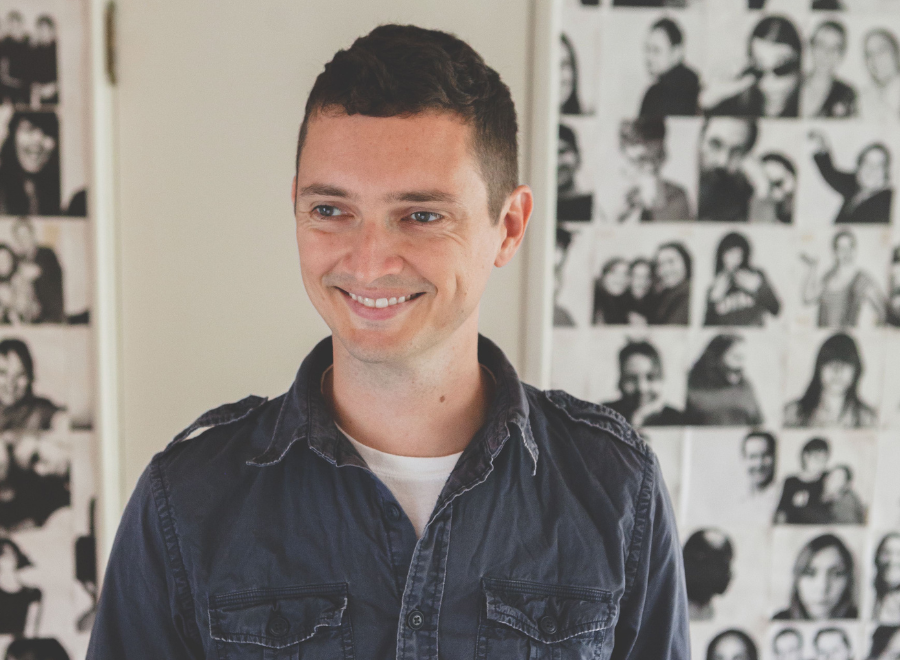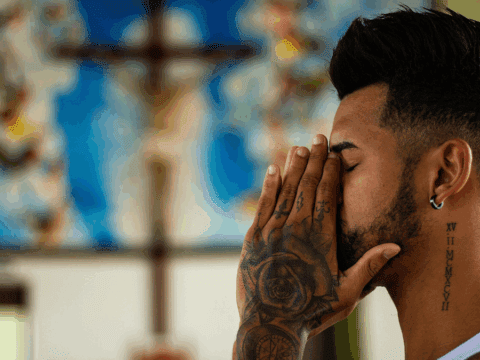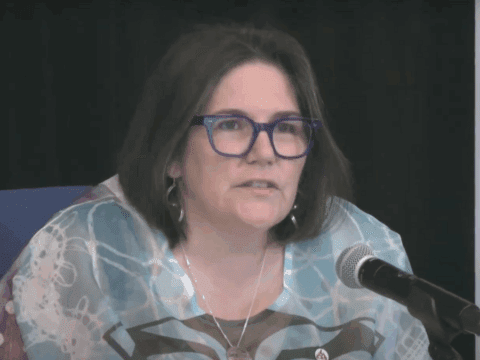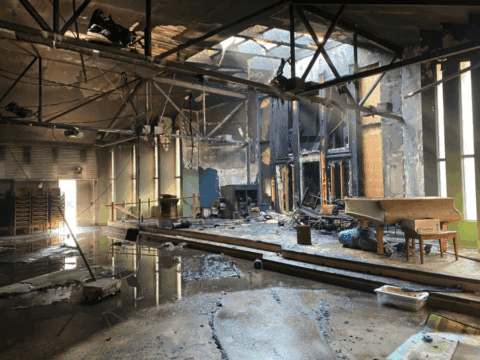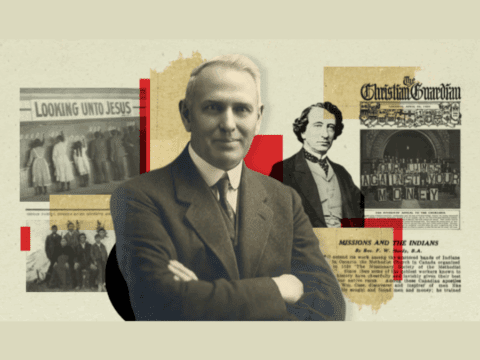Simon LeSieur spoke with Alison Shouldice for a series on Intriguing United Church people you may not know but should.
I thought being a youth pastor would be the worst job anyone could ever have. When I did my master of divinity, the only course I skipped some of was youth ministry, because I was like, “I’m never going to be a youth minister; that’s so bad.” And then I was called to be a youth minister.
I always took myself too seriously. I think I still do to a certain extent. I’ve always been aiming for the top. I grew up in the Catholic Church in Quebec City, so when I was a kid, I wanted to be the pope.
I’m completely baffled by the low understanding of identity [among today’s youth]. In the community I work with in particular, there’s a certain boredom that comes with affluence. For a young person who is bored, I’d ask, “What risks are you taking?” Faith isn’t something that others live out for you.
What you do with what you’ve been given says a lot about who you are as a person. My grandma always taught me that if you’re not generous with what you have now, you will never be generous.
This is a generation that has often been characterized as selfish. Yet to see their profound love of the world and their curiosity for other people clashes with what I read about this generation. . . . So where this disconnect is coming from, I don’t know.
I’ve been tremendously blessed with the opportunity to travel in my life. I try to learn as much as I can from God in different places. I spent a few summers in India and spent a year in South Africa. I’ve been to South America and Europe.
One of the most profound memories I have [from South Africa] is seeing this three-year-old black girl, who was from a township, playing, holding hands with a three-year-old white girl, who was from an affluent community. I was looking at them having so much fun, and thinking, “They have no idea.” I wanted to preserve that innocence and that beauty.
I got married last year, and [my wife] Meghan and I live in community. There are four of us — we’ve been together now seven-and-a-half years. Back then, for the first three years, we were living on about $4,000 a year each.
When I was 25, I had just started living in community. We came up with this concept that we called the “love bomb.” Every Monday, we’d sit together as a community and we’d all write challenges that were designed to push us out of our comfort zones. And we’d put them in this large peanut butter jar.
We’d go around the circle: you didn’t have to draw, but if you drew, you had to do the challenge. I didn’t have a job, and the challenge I got was to give 10 percent of my bank account away. I remember pulling that out — it just came out of my mouth accidentally — I screamed, “My money!” We always prayed that the challenge we got was the challenge we needed. So as soon as I screamed, “My money!” I realized, “Oh, shoot.”
Now I have a consistent source of income through being a youth minister. And I think my experience living simply carries through. . . . We just generally try to spend as little money on ourselves as we can.
I’m not tied to my job as a career. I’m tied to my job as a calling. I think that will always put me in the position that I’m not desperate for my job, because I know I am capable of living simply.
Simplicity, to me, is tied in with environmental stewardship. I read somewhere that the average American family throws out 40 pounds of garbage a week. So then we started weighing our garbage — how can we get it lower than the previous week? And we got it down to three pounds.
The only way I can define success is if you look at the lives of people I’ve worked with when they’re 85. Then you’d be able to say, “Okay, the work that Simon did was valuable because look at the kind of people they’ve become.”
Or, “Oh, that was a waste of resources. Nice try, Simon.”
***
This story first appeared in The United Church Observer’s November 2014 issue with the title “Simon LeSieur, youth minister and ‘love bomber.’”

